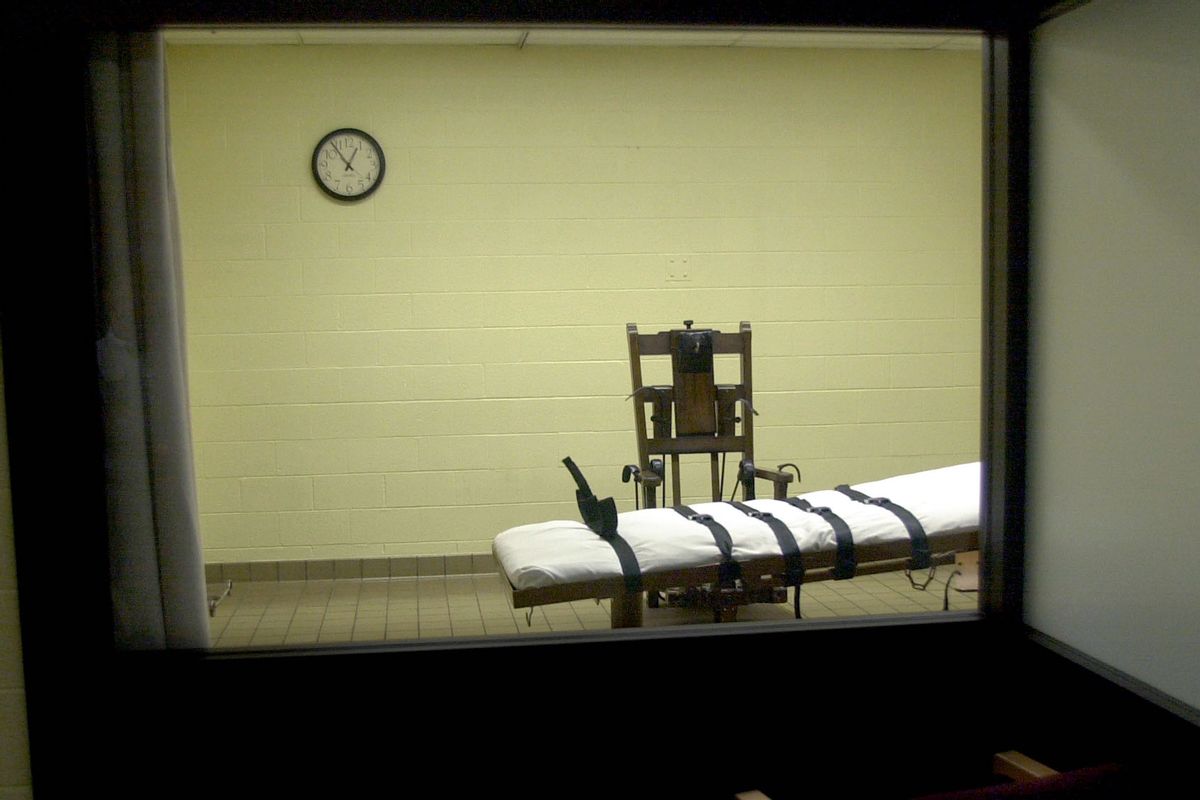The Texas Supreme Court ruled that a legislative subpoena can not be used to stall an execution, putting the death of Robert Roberson back on the docket.
Texas legislators had subpoenaed Roberson to testify in October, a novel way to delay the scheduled execution of a man many people believe to be innocent.
Roberson was convicted of killing his two-year-old daughter, Nikki Curtis. The cause of Curtis' death was ruled to be "shaken baby syndrome." He was sentenced to death in 2003.
Advocates argued Roberson was innocent last month in a hearing in the state legislature, sharing that the diagnosis of “shaken baby syndrome" is now the subject of scrutiny by medical experts.
But Friday’s ruling puts Roberson back on track for execution, with the court arguing that allowing the legislature to halt his death would be a “potent legal tool [that] could be wielded not just to obtain necessary testimony but to forestall an execution.”
Legislators in the state say the court’s ruling won’t immediately send Roberson back toward execution and will still allow them to take his testimony. Joe Moody and Jeff Leach, chairs of the state House’s Criminal Jurisprudence Committee, issued a statement on Friday arguing the ruling stops Governor Greg Abbott from executing Roberson immediately.
"The Supreme Court strongly reinforced our belief that our Committee can indeed obtain Mr. Roberson's testimony and made clear that it expects the Executive Branch of government to accommodate us in doing so," Moody and Leach said.
Abbott and Texas Attorney General Ken Paxton have been persistent in pushing for Roberson’s execution. Paxton led the appeal to the state Supreme Court when the legislature's subpoena created a question about the separation of powers between the state's branches of government.
The ruling will delay Roberson's execution by at least three months, as the prosecuting district attorney in Roberson's case has to request a new date. That new execution date can not be less than 90 days out from the day of the request.
Read more
about this topic



Shares